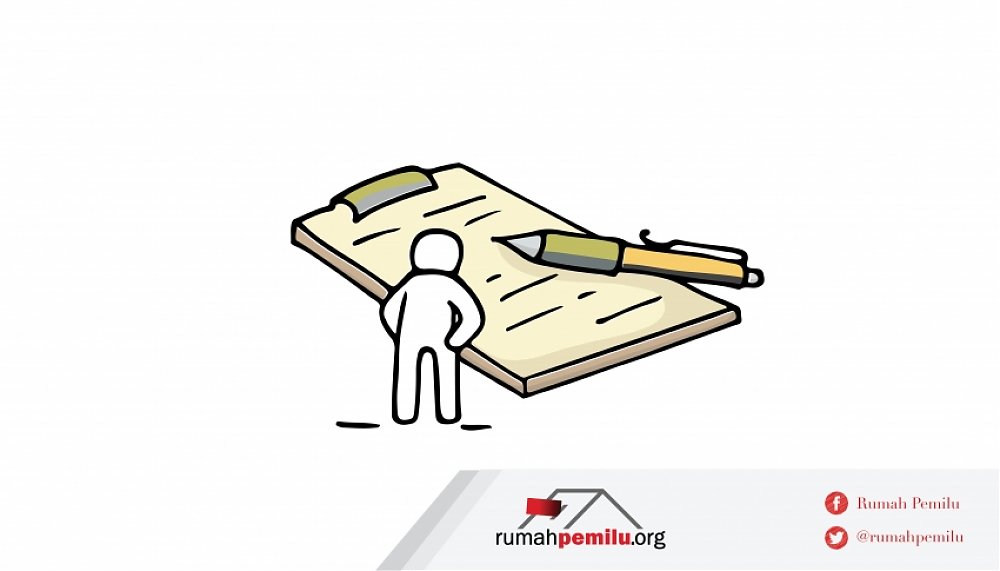The involvement of children in the realm of practical politics is clearly prohibited. This is even regulated in several laws issued by the Government of the Republic of Indonesia, both vertically and horizontally.
Some of these regulations include Law Number 7 of 2017 concerning General Elections, Law Number 2 of 2011 concerning Political Parties, Law Number 35 of 2014 concerning Child Protection to other derivative regulations issued by the Ministry, the General Election Commission (KPU) and The Election Supervisory Body (Bawaslu) as the election organizers.
However, children are also considered to have a role in practical politics in terms of education, as it can serve as a valuable learning experience for their future as the next generation of the nation living in a democracy.
Muhtadin, the Chairman of the Election Commission (KPU) of Pangandaran Regency, explained that the prohibition of children in practical politics only applies to certain stages during the implementation of democratic elections, as clearly stated in Article 280 paragraph 2 letter k of Law No. 7 of 2017 Concerning Elections.
"If practical politics refers to the educational aspect, there is actually no issue. In fact, elections should be introduced to children of all ages. It's a different matter when it comes to specific stages," explained Muhtadin.
If it reaches at a certain stage, as Muhtadin exemplified, in the campaign process for the Presidential Election (Pilpres), Legislative Election (Pileg) or Regional Head Election (Pilkada), it is actually prohibited because they are included in violations in Law 7 of 2017 Article 280 paragraph 2 letter k which reads Indonesian Citizens (WNI) who do not have the right to vote.
“Indonesian citizens (WNI) who do not have the right to vote refers to individuals who are either below the age of 17 or those who are not yet married. It specifically applies to those who do not meet the criteria mentioned in Article 198 regarding the right to vote,” he said.
As long as it is for educational purposes and not related to campaigning, explained Muhtadin, children are allowed to participate in the realm of politics. Permissible education for children, he added, is related to electoral knowledge regarding the objectives, principles of elections, and about democracy as a system.
"Elections serve as one of the mechanisms for recruiting leadership elites, that's the purpose of elections. As for the involvement of children in the electoral process, if it relates to other matters, I believe it falls under the purview of Law Number 35 of 2014 on Child Protection," he concluded. []
SYAMSUL ARIFIN
This article originally published by rmoljabar.id on May 24, 2023, with the support of the RESPECT Program hosted by Perludem.











